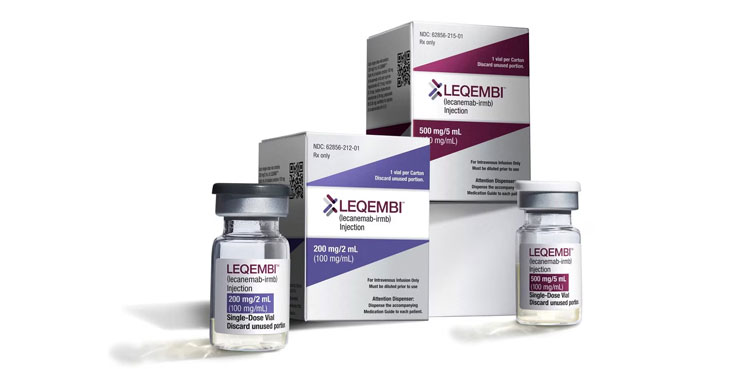
A Japanese health ministry panel on Monday recommended approval of the Alzheimer’s disease treatment Leqembi, following standard approval for the drug granted by U.S. regulators last month.
The expert panel’s decision sets the stage for official approval of the drug, co-developed by Japan’s Eisai and U.S.-based Biogen.
An Eisai executive said this month the company expects to begin marketing Leqembi in Japan within about 60 days of receiving insurance reimbursement approval from the country’s national health system.
LEQEMBI is a humanized immunoglobulin gamma 1 (IgG1) monoclonal antibody directed against aggregated soluble and insoluble forms of amyloid beta (Aβ). Critically, LEQEMBI targets and clears the most neurotoxic form of Aβ that continuously accumulates as well as removes the existing plaques to treat this progressive, chronic disease. In June 2023, the US FDA’s Peripheral and Central Nervous System Drugs (PCNS) advisory committee voted unanimously that the data from Eisai’s Clarity AD clinical trial confirmed the clinical benefit of LEQEMBI for the treatment of AD. Committee members also confirmed the overall risk-benefit of LEQEMBI. On January 6, 2023, LEQEMBI was approved by the FDA under the accelerated approval pathway.
NEW LABEL
Leqembi’s new label explains the need to monitor patients for potentially dangerous brain swelling and bleeding associated with amyloid-lowering antibodies. It says the risk is higher in patients with two copies of a gene, APOE4, associated with Alzheimer’s, and that while genetic testing is highly recommended, it is not required.
The drug’s new label includes data showing that the use of certain anticoagulants with Leqembi has been linked to a risk of brain hemorrhage.
from Health News - Latest breaking Health News - ARY NEWS https://ift.tt/rkz98S0


0 Comments